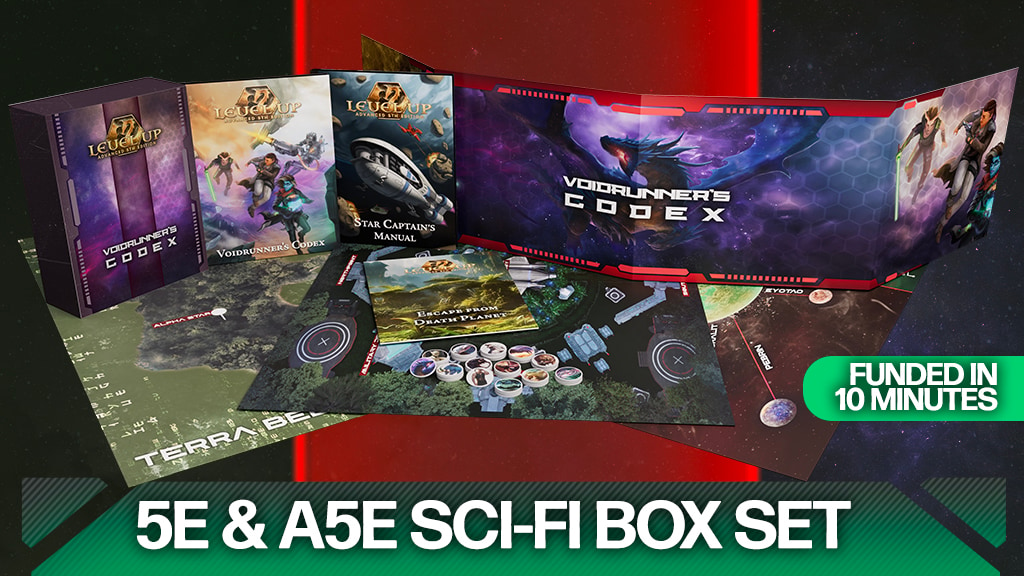Do I really want to play in a Bronze Age setting?
But I will need more technology than that to play fantasy!
There were no colossal sailing ships, crossbows, plate armor, lances, saddles, catapults, windmills, gears, water wheels, compasses, universities, banks, blown glass, printing presses, gunpowder, playing cards, or even iron smelting.
Even though Runequest has more magic than D&D, many people get hung up on the lack of iconic fantasy equipment when trying to play in a setting like this. It is a challenge, and if you put yourself in a "Conan" mindset, things start to make a little more sense, giving you a frame of reference that people can watch movies about and get an idea of what is going on.
It isn't Conan directly, but when you tell them Conan, people don't think of Arthurian Knights and catapults, so it is a good starting point. Another good starting point is Greek culture, movies like Hercules, and films set during the time of Greek gods. Again, this isn't Ancient Greece, but that level of technology and civilization gives people something else to think about and keeps Merlin and Gandalf out of their minds.
Too much fantasy these days is this sloppy stew of Renaissance concepts, Robin Hood, King Arthur, Harry Potter, Ren Faire, Final Fantasy, and even Lord of the Rings. You get fantasy art with people with modern haircuts and hair dye and that smug movie-poster look on their faces doing something impossible in that rule-of-cool style art, holding a sword outsizing their body, which means nothing. I am not against fun and expressing yourself, but most of today's fantasy art is this commercialized, childish, comic-book-style, Instagram-influenced, AI-art-looking tripe.
It is meant to sell you collector's market books.
A Bronze Age setting lets you strip that all away. Even in Runequest, the setting is primarily human but has a wide variety of actual diversity. Many games say "diversity" but hide it with anthrophonic animals, planar races, puppet races, intelligent plants, cat-headed fur-covered humans, or dragon people. Do you want to be diverse in Runequest? Pick a culture, race, and skin tone; there you go—you are diverse. There is no hiding under a sports mascot costume or foam rubber alien mask.
This game is not about your gear, funny shape, planar origin, or silly animal voices. Sometimes, I feel 5E has become "the cosplay amateur theater game" more than it is about stories, quests, dungeons, monsters, treasures, exploration, or even the world. The selfish notion of "identity" is the only thing that matters, followed by hamming it up with a funny voice. I like creating unique characters and acting in character, but many streaming shows take this too far to the point of clownery.
And when the game becomes all about "you," the people of the world, world, story, and even death take a back seat.
Similarly, people get wrapped up in gear. The typical "dungeon outfitting" of sorting through gear lists and adjusting encumbrance takes over the game, where you get into this puzzle-game-inspired gameplay. Hammer and spikes solve the "jam the door shut" puzzle. A ten-foot pole solves the "pit trap problem." The rope solves the "climb down the shaft" puzzle. Runequest has some of that, but in most situations, you will use skills, roleplay, cast magic, and avoid fights. The OSR "puzzle shopping" isn't as important here.
The list of Runequest equipment includes only a dozen tools and pieces of exploration gear, plus a few pages of prices for other common (non-adventure) goods and services. Even in the equipment book, adventure gear goes a page and a half, and it isn't the sort of "stock your pack" lists that many OSR games get into where you need to start buying dozens of ordinary items just to be able to have an adventuring pack.
But what is there to do if the game is about something other than the gear or technology? If I had to be human, I would be bored! I need to travel the world, to go to the outer planes, to have fun!
D&D teaches you many bad habits. The D&D 4E "planes at level 10" has to be one of the dumbest ideas Wizards has ever foisted on the hobby, which is still being pushed today. Everyone has to be a special something. Campaign settings are boring. Plane-hopping is the only fun. Magic is like superpowers.
The truth is, you will have more fun with less.
Your family, your kin, your home, your tribe, or your town are the heart of who you are. Who is your blood? Who are your people? You can play a loner and wanderer type, but establishing a connection somewhere becomes a goal. Are your people building a settlement in a new land? Do you look different from others in the tribe? Are you an outsider? How do you win their trust and become accepted? Are you being chased by people you escaped? What is happening today that threatens your home?
With the distractions of magic superpowers, gear shopping, steampunk technology, unique backgrounds, and planar travel out of the way, you can focus on the story.
Your story.
The story of your people.
The story of events in the world.
You can care so much about options and choices they bury you.
There are times I find players who need all those colorful ornaments, rules, plate armor, classes, and backgrounds to hide behind, so they have to come out and get into their character more. I had a player who only played Dragonborn forced to play a human, and he discovered he enjoyed being forced to make something he thought was uninteresting into something he loved. The same thing happened with a player who only played plate-wearing paladins. Who are you without the armor and holy powers?
What is your story?
Strip it all away and tell me who you are.
































